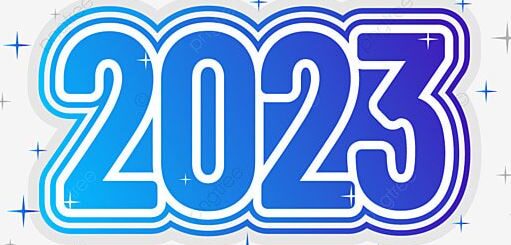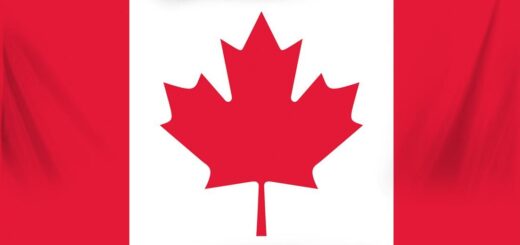World Book and Copyright Day
World Book and Copyright Day, observed annually on April 23rd , is a celebration of literature, reading, and the protection of intellectual property rights. This day serves as an opportunity to promote the value of books and reading, as well as to raise awareness about the importance of copyright protection in fostering creativity and innovation. In this article, we will explore the history and significance of World Book and Copyright Day, its impact on the promotion of literacy and cultural diversity, and the ongoing challenges and debates surrounding copyright in the digital age.
The Origins of World Book and Copyright Day
World Book and Copyright Day was established by UNESCO (United Nations Educational, Scientific and Cultural Organization) in 1995 to honor the contributions of books and authors to global culture and knowledge. April 23rd was chosen as the date for this observance to coincide with the anniversary of the deaths of several prominent authors, including William Shakespeare, Miguel de Cervantes, and Inca Garcilaso de la Vega. These literary figures are regarded as symbols of the enduring power and influence of literature across time and cultures.
The day was also intended to raise awareness about the importance of protecting intellectual property rights, including copyright, which plays a crucial role in incentivizing creativity and ensuring that authors and creators receive fair compensation for their work. Copyright laws grant creators the exclusive rights to reproduce, distribute, and profit from their literary, artistic, and intellectual creations, thereby encouraging innovation and cultural production.
Promoting Literacy and Cultural Diversity
World Book and Copyright Day serves as a platform for promoting literacy and access to books, particularly in underserved communities where access to education and reading materials may be limited. UNESCO encourages initiatives such as book donations, library programs, and literacy campaigns to help improve literacy rates and foster a love of reading among people of all ages.
Moreover, World Book and Copyright Day celebrates the diversity of literary traditions and languages around the world. Books are powerful vehicles for sharing stories, ideas, and perspectives across cultural boundaries, enriching our understanding of different societies and fostering empathy and understanding. By promoting multilingualism and translation, UNESCO aims to ensure that a wide range of voices and perspectives are represented in the global literary landscape.
Challenges and Debates in Copyright
While copyright laws are essential for protecting the rights of creators, they have also sparked debates and controversies, particularly in the digital age. The rise of the internet and digital technologies has made it easier than ever to create, distribute, and access digital content, leading to questions about the balance between copyright protection and freedom of expression.
One of the key challenges is piracy and online copyright infringement, which can deprive creators of income and undermine the economic viability of the creative industries. Organizations and governments have implemented various measures to combat piracy, including legal action against infringers, technological protection measures, and education campaigns to raise awareness about the importance of respecting copyright.
Another area of debate is the duration of copyright protection, with some arguing that copyright terms have become excessively long, stifling creativity and innovation by restricting access to works that should be in the public domain. There are also concerns about the impact of copyright laws on access to knowledge and cultural heritage, particularly in the context of digitization projects and efforts to preserve and disseminate historical works.
The Future of World Book and Copyright Day
As we look to the future, World Book and Copyright Day will continue to play a vital role in promoting literacy, cultural diversity, and the protection of intellectual property rights. In an increasingly digital and interconnected world, UNESCO will need to adapt its strategies and initiatives to address emerging challenges and opportunities in the fields of publishing, education, and copyright enforcement.
Key priorities for the future include expanding access to digital books and educational resources, supporting initiatives to promote reading and literacy, and fostering dialogue and cooperation among stakeholders in the creative industries, academia, and civil society. By harnessing the power of books and literature to inspire, educate, and entertain, World Book and Copyright Day will continue to make a positive impact on individuals and communities around the world.
Conclusion
World Book and Copyright Day is a celebration of the enduring power and influence of literature, as well as a reminder of the importance of protecting intellectual property rights in the digital age. By promoting literacy, cultural diversity, and the value of books and reading, this annual observance contributes to the enrichment of global culture and knowledge. As we celebrate World Book and Copyright Day, let us reaffirm our commitment to supporting authors, creators, and publishers, and to fostering a world where everyone has access to the transformative power of books and ideas.




 Subscribe to our channel
Subscribe to our channel